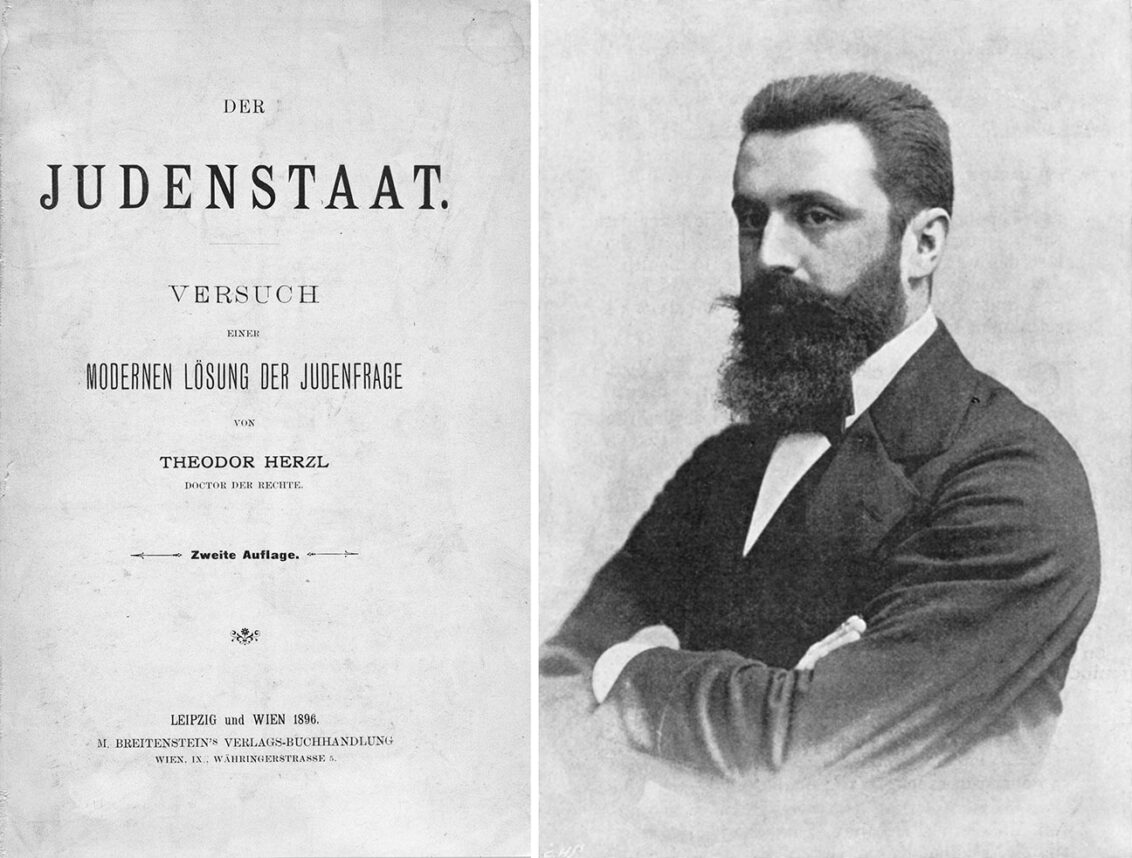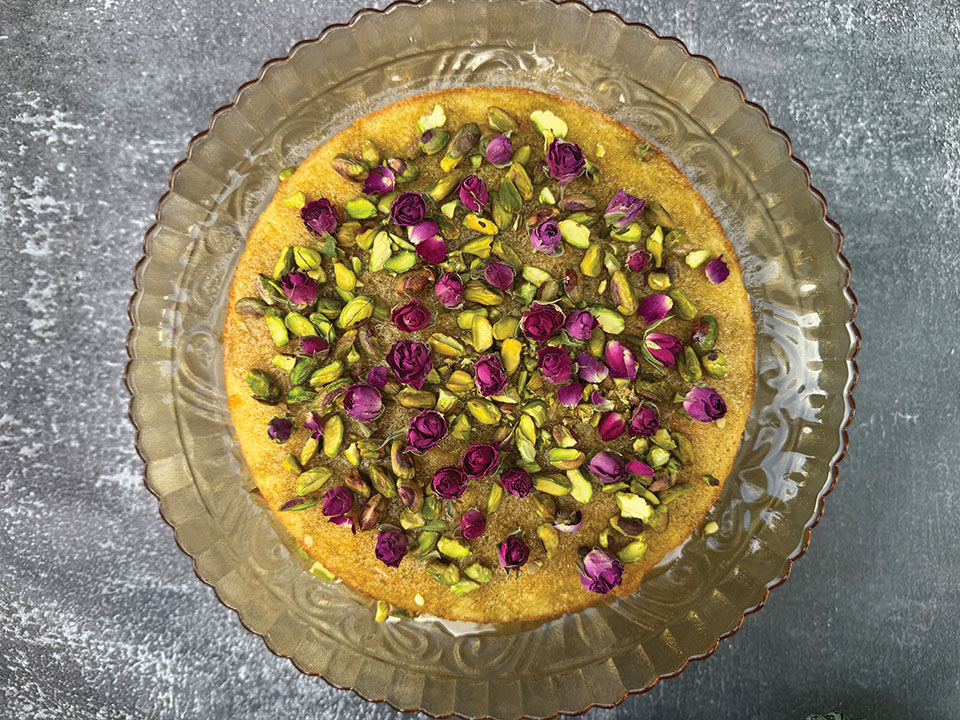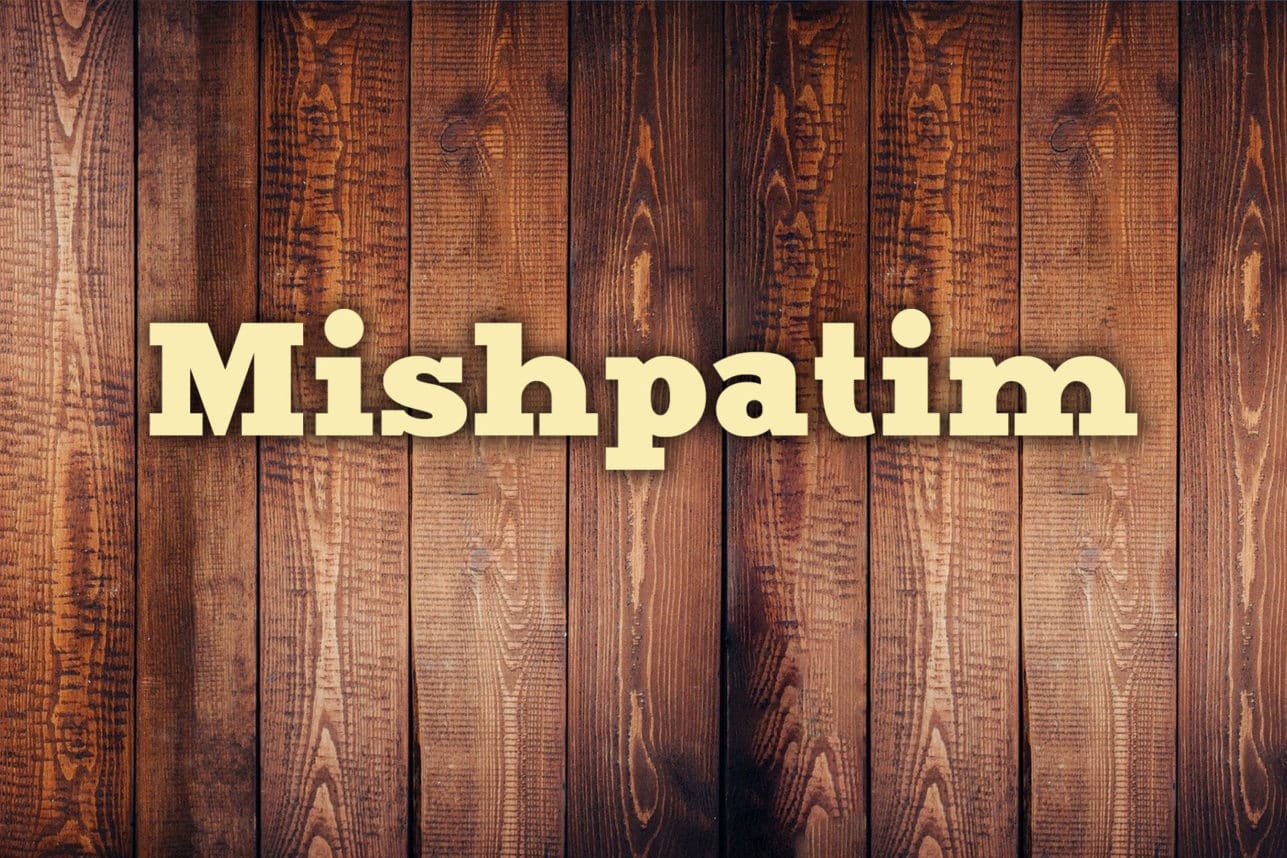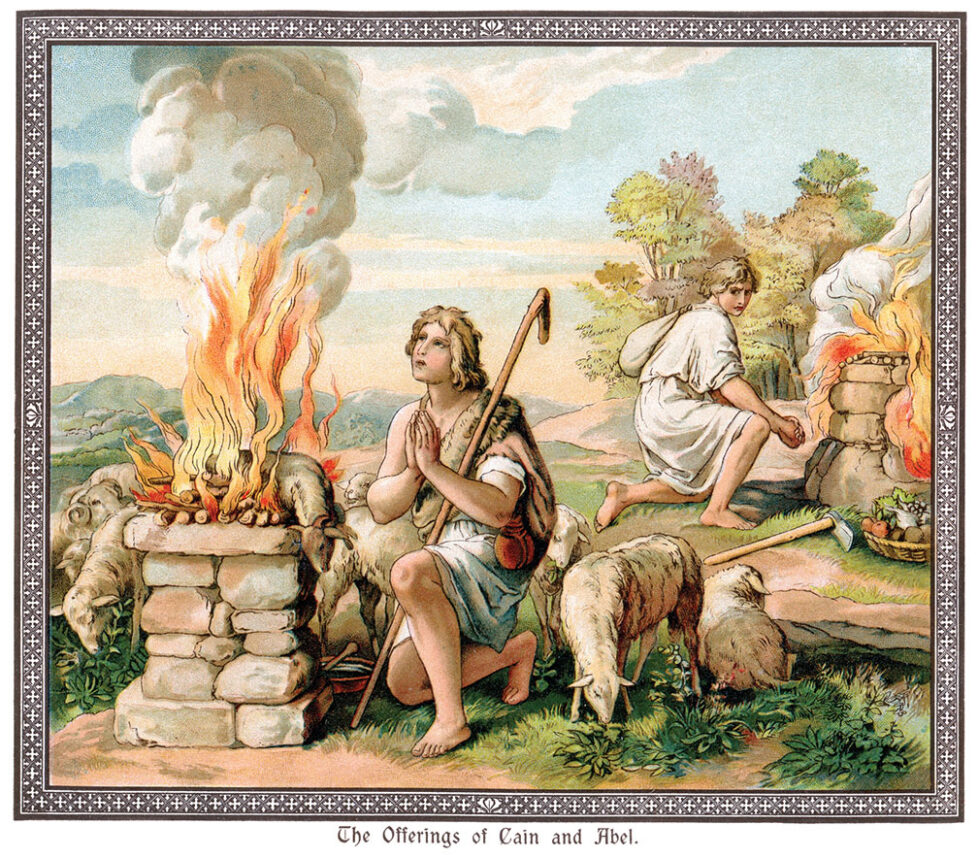For me, Yemenite cooking is the taste of home. My parents were born in Sharab, a region in southwest Yemen. I was born in Tel Aviv, and grew up on my mother and father’s traditional cooking. The food in our home was always fresh, simple and richly spiced. On Passover, the fragrance of the traditional chicken soup, full of tumeric and cumin, filled our house, and we looked forward to eating our candy-like charoset, made from dates and walnuts.
I came to America in 1976, and opened Magic Carpet, named after the airlift of Yemenite Jews to Israel, in 1993. The Yemenite food we serve is a warm and constant reminder of my childhood.
Of course, now it turns out it might also be good for you — really good for you.
Yemenite Jews in Israel live longer and healthier lives than other Israelis. Over the years, many researchers have attributed the Yemenite’s good health to the simplicity of their cooking and their use of herbs and spices. Fenugreek, for example, a staple spice in our kitchens, has shown promise in research to treat diabetes and high cholesterol.
Beef, chicken, fish and vegetables require the use of hawa’age, a curry-like spice mixture that consists of turmeric, cumin, coriander and black pepper in proportions that vary from town to town. On top of that, we add fresh garlic, onion, tomatoes and cilantro to many of our dishes. Hilbeh, a viscuous, spicy relish made from freshly ground fenugreek, and schug, a bright green mix of cilantro and chili, are served separately and added to food according to taste. A few meals like this, and you are on your way to a healthy Yemenite life.
Below are traditional Yemenite Passover foods. Some, like chicken soup, we serve in the restaurant. For the rest, you’d have to come to my house.
Baked Eggs
Oven-baked eggs become brown and flavorful, with a creamy texture.
Just cover eggs in water at room temperature. Add salt to minimize cracking. Cover and cook in your oven at low heat (250 F) overnight or at least 12 hours. Serve hot or cold.
Charoset
This is our version of charoset, which Ashkenazim make from apples, walnuts and wine. We use charoset as jelly on matzah through the holiday.
1 pound dates, pitted and mashed
3 cups water
1/2 teaspoon ginger
1/2 teaspoon cloves
1/4 teaspoon cardamom
1/4 cup raw sesame seeds
Place all ingredients in a medium saucepan. Bring to boil, then reduce heat to simmer. Stir occasionally. Cook for about an hour or until the mixture is thickened to a jelly-like consistency. Serve cold.
Matzah Cereal
This was our breakfast throughout the holiday. What makes it special is the spice mixture.
Break two matzah into small pieces. Pour in 1 1/2 cups of hot milk and one tablespoon of butter, mix with the same spice mix as the charoset. Add honey to your taste.
Yemenite Chicken Soup
We would often serve this by placing broken soaked matzah in our soup bowls, then ladling the broth over it.
One 4-pound chicken cut in quarters
5 quarts water
1 large head garlic
1 large tomato
1 large onion
1 bunch of fresh cilantro
1/3 tablespoon turmeric
1/2 tablespoon cumin
1/2 tablespoon of coriander
black pepper
salt
Put whole onion, garlic and tomato in the pot of water and bring to a boil. Add chicken pieces and cook for 25 minutes. Add spices and fresh cilantro, peeled tomato and if you like, add some sliced zucchini. Salt and paper to taste. Cook for 25 more minutes.
Nili Goldstein is co-owner of the kosher Yemeni-Israeli Magic Carpet Restaurant, 8566 W. Pico Blvd., Los Angeles. (310) 652-8547.
































